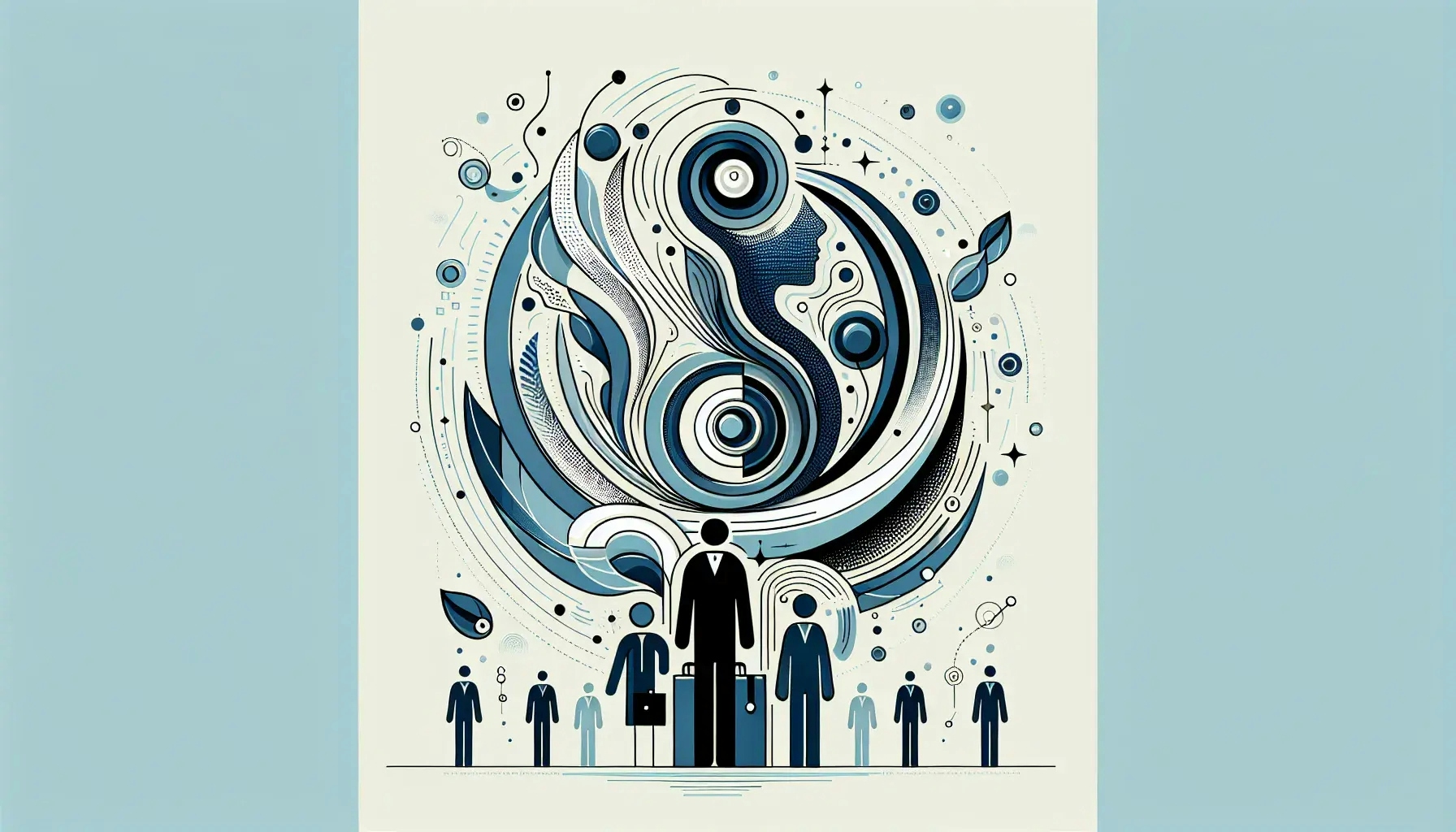In the dynamic world of business, the Human Resources (HR) department plays a pivotal role in shaping the organization's future. This blog post delves into the multifaceted role of HR in organizational development, exploring how it contributes to a company's growth, culture, and overall success. We will dissect the various aspects of HR's involvement, from talent acquisition and management to fostering a conducive work environment.
Talent Acquisition and Management
The HR department is the backbone of any organization, responsible for acquiring and managing talent. They identify the skills required for various roles, source potential candidates, and ensure the right people are in the right jobs. This process is not as straightforward as it seems. It involves a deep understanding of the organization's needs, the industry's trends, and the job market's dynamics.
Moreover, HR doesn't stop at hiring. They also manage the talent within the organization, ensuring employees are satisfied, motivated, and productive. They design and implement policies that promote employee welfare, work-life balance, and professional growth. They also handle issues related to performance, conflict resolution, and employee relations. All these tasks are crucial in maintaining a productive workforce and a harmonious work environment.
Training and Development
Another critical aspect of HR's role in organizational development is training and development. HR professionals identify the skills gaps within the organization and design training programs to address them. They also plan and implement career development initiatives to help employees grow professionally and personally.
Training and development are not just about enhancing employees' skills. They also contribute to employee satisfaction and retention. When employees feel that the organization is investing in their growth, they are more likely to stay and contribute to the company's success. Thus, HR's role in training and development is crucial in building a competent, committed, and content workforce.
Shaping Organizational Culture
HR plays a significant role in shaping the organization's culture. They create policies and initiatives that promote a positive work environment, fostering a culture of respect, collaboration, and innovation. They also ensure that the organization's values are communicated and upheld, contributing to a strong organizational identity.
Moreover, HR is responsible for managing diversity and inclusion within the organization. They ensure that all employees, regardless of their background, feel valued and included. This not only promotes a harmonious work environment but also enhances the organization's reputation as an inclusive employer.
Strategic Planning
HR is not just about managing people; it's also about strategic planning. HR professionals contribute to the organization's strategic goals by aligning HR policies and initiatives with the company's mission and vision. They also provide insights into the workforce's capabilities and needs, helping the management make informed decisions.
Furthermore, HR plays a crucial role in managing organizational change. They plan and implement change initiatives, ensuring that employees are well-informed and prepared for the change. They also manage the impact of change on employees, minimizing resistance and disruption.
Legal Compliance and Risk Management
HR also plays a crucial role in ensuring legal compliance and managing risks related to employment. They keep abreast of labor laws and regulations, ensuring that the organization's policies and practices are compliant. They also handle issues related to employment contracts, compensation, and benefits, minimizing the risk of legal disputes.
Moreover, HR is responsible for managing risks related to employee behavior and performance. They design and implement policies that promote ethical conduct and high performance, minimizing the risk of misconduct and underperformance. They also handle issues related to employee grievances and disputes, ensuring that they are resolved in a fair and timely manner.
Employee Engagement and Retention
Lastly, HR plays a crucial role in employee engagement and retention. They design and implement initiatives that promote employee engagement, such as recognition programs, team-building activities, and feedback mechanisms. They also manage employee benefits and compensation, ensuring that they are competitive and aligned with the employees' needs and expectations.
Moreover, HR is responsible for managing employee turnover. They analyze turnover trends, identify the reasons behind employee departures, and design strategies to improve retention. By doing so, they contribute to the organization's stability and continuity, ensuring that the company's operations are not disrupted by frequent employee turnover.
The Transformative Power of HR in Organizational Development
The role of Human Resources in organizational development is multifaceted and crucial. From talent acquisition and management to training and development, shaping organizational culture, strategic planning, legal compliance, risk management, and employee engagement and retention, HR is at the heart of an organization's success. By understanding and leveraging the power of HR, organizations can foster a productive, harmonious, and inclusive work environment, driving growth and success in the ever-evolving business landscape.

